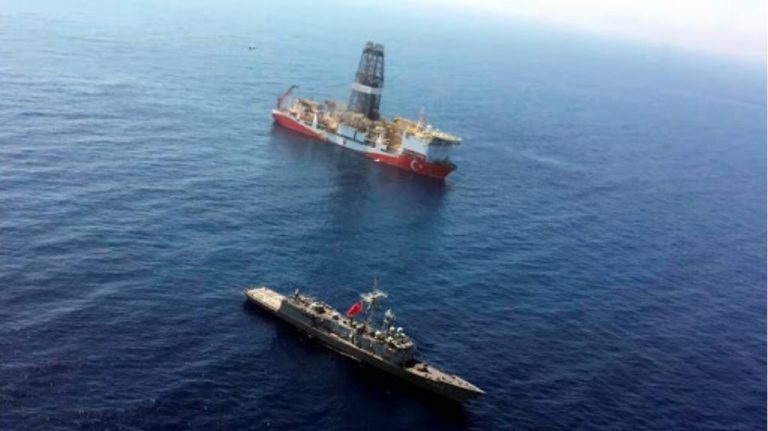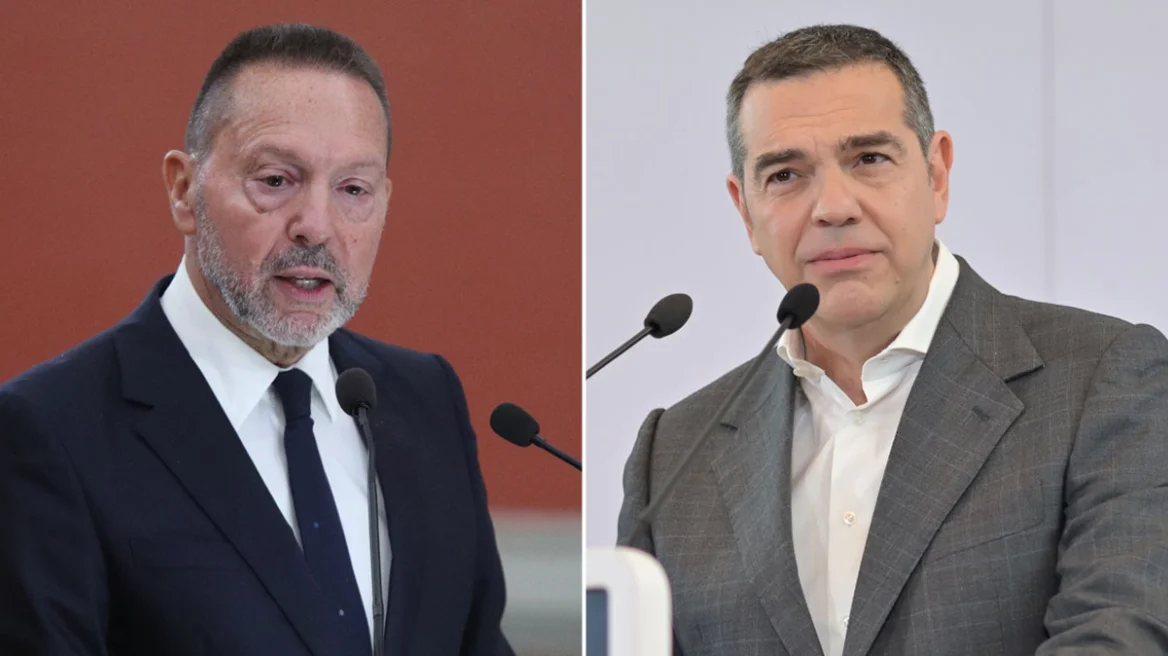The US Geological Survey estimates there to be 122 trillion cubic feet of recoverable gas reserves in the Mediterranean’s Leviathan Basin, and the countries in the region are on a quest to acquire what they consider their rightful share.
The competition over gas resources expanded in mid-February when Egyptian announced an agreement with US-based Chevron and ExxonMobil, France’s Total, BP of Britain, and Royal Dutch Shell to explore for gas off its northwestern coast near Libya. Cairo expects exploratory drilling to begin early next year. The agreement intensified tensions with Turkey, which in November signed controversial maritime and military memoranda of understanding with Libya’s UN-recognized Government of National Accord (GNA) in Tripoli.
Coronavirus Greece: 43 dead, 56 new cases, 1.212 in total
Ibrahim Zahran, a petroleum expert and former chairman of the Khalda Petroleum Co., told Al-Monitor that Egypt has substantial quantities of gas and oil, but to thoroughly benefit from them, it must overcome problems of resource mismanagement. The country relies heavily on foreign companies to extract the lion’s share of its gas and oil, and in the absence of a demand for social responsibility, Zahran believes the benefits flow more to them than to Egypt. Zahran also said Egypt’s energy wealth is subject to all forms of corruption or ill-conceived practices.
Turkey constitutes an important transit point for oil and gas exports bound for Europe from Russian and the Caspian Sea countries, but lacks it own petroleum reserves, Zahran noted. Turkey has to import about 75% of its energy needs, mainly from Russia, Iraq and Iran.
Ask me anything
Explore related questions





